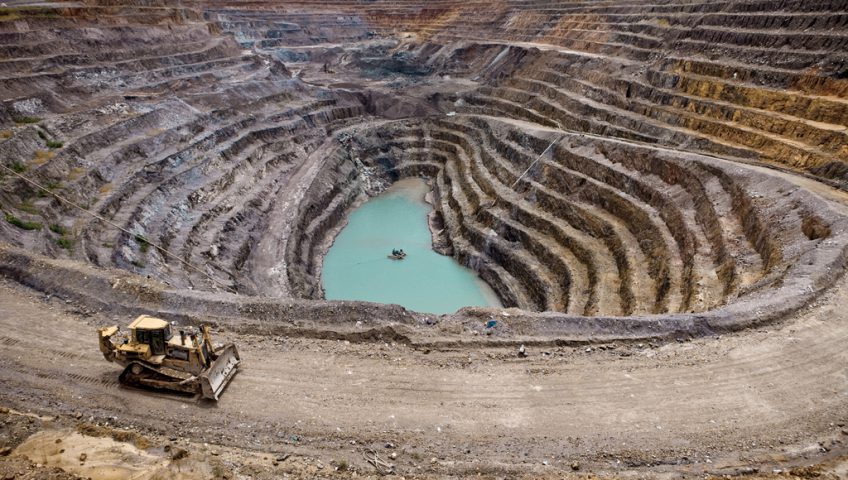A shared agenda for change could transform Africa’s future
In its acclaimed Africa Progress Report 2013, the Africa Progress Panel has made a major contribution to the world’s understanding not only of the huge potential of Africa’s oil, gas and minerals, but also of how to harness them to lift millions of Africans out of poverty.
The report was the result of wide consultation among experts and officials from governments, the private sector, NGOs and academia. Since its launch at the World Economic Forum in Cape Town in May 2013, it has received wide international attention.
The report demonstrated in frank terms that despite strong economic growth in resource-rich countries, some remain at the bottom of the international league table for human development. Others register some of the world’s largest inequalities in wealth and wellbeing.
Africa’s resource-rich countries have tremendous opportunities to change this picture by combining sustained growth with strong human development, especially if they can climb the value-added chain of mineral processing and manufacturing. But in countries with limited technical and regulatory capacity, and weak checks and balances, resource windfalls can act as a catalyst for corruption.
To avoid this danger, African governments need to strengthen transparency as a force for accountability and the empowerment of Africa’s citizens. State companies and concessions need to be better managed to prevent resource diversion and the undervaluation of assets. Governments need to open up their accounts to public scrutiny, and oblige extractives companies to do the same. The Extractive Industries Transparency Initiative, the US Dodd–Frank Act and similar EU legislation are showing that greater global transparency benefits all interested parties.
Governments also need to spread the benefits of mineral wealth through fair taxation, efficient and equitable public spending, and strategies for linking extractive sectors to national markets. Fair taxation is a global challenge that needs concerted international action, not just dialogue.
The social and environmental impacts of natural resource exploitation also need to be assessed and managed so that countries and people benefit rather than suffer. International and regional cooperation is necessary to break the link between conflict and natural resources. And the rights of Africa’s millions of vulnerable artisanal miners – especially the youngest – need to be protected.
If Africa’s people, governments, civil society, foreign investors and the wider international community unite around a shared agenda for realizing the potential of Africa’s resource wealth, together they can set the continent on a new course towards prosperity shared by all.

